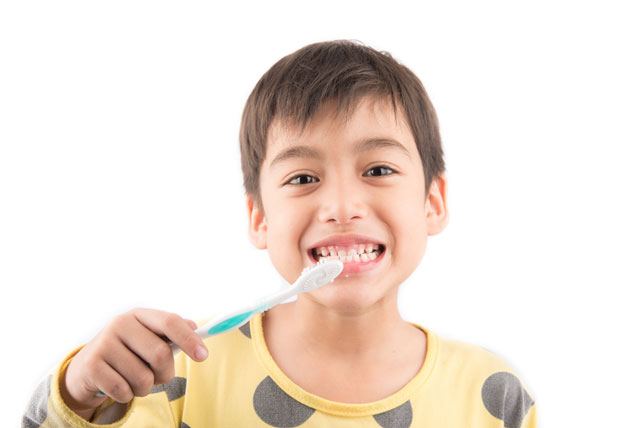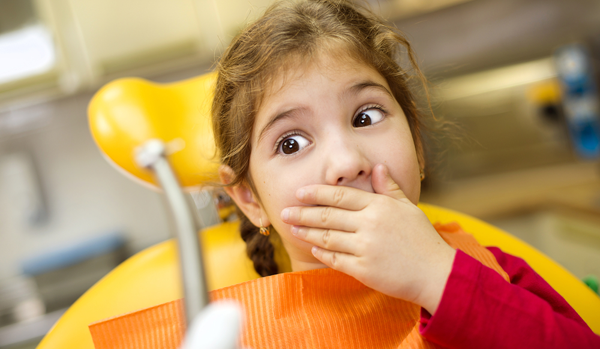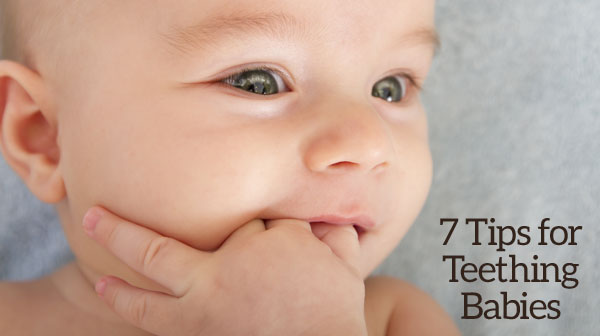
Choosing a primary doctor or dentist for your child can be a hard and confusing process. So, how can you choose the right dentist for your children? We’ve outlined a few reasons why pediatric dentists are the absolute best choice to be your kids’ dental home.
Pediatric Dentists Make Office Visits Fun
Pediatric dental offices seek to foster a fun and inviting environment that is specifically designed for children. The comfort of your child is one of the most important factors in creating a positive association with visiting the dentist, so we recommend reviewing our practice’s photos to see if they will enjoy their visit. You can also check out our social media channels to get a feel for how fun we are! Facebook is a great place to look for news about our practice, and it’s also a good spot to read some of our patient reviews.
Trained to Care for Children
Pediatric dentists have had 2-3 years of special training to care for young children and adolescents. Check out the “about us” section of our website to learn more about our dentist’s degrees, professional associations and affiliations, as well as distinguishes and honors. You can rest easy knowing that we have had extensive training which has equipped us to care for your child.
Sensitive to Special Healthcare Needs
Does your child need any special attention or procedures? Before coming in for a visit, scan our website to see if we offer any specific procedures your child requires. We are specifically trained to treat children with specific healthcare needs. Call us to speak with an office administrator about the different care options that we provide.
Stress-Free First Visit
Introducing children to a dentist can be a difficult task for any parent. Kids are usually very nervous to visit the doctor or dentist for the first time for a variety of reasons. Pediatric dentists know this, which is why we offer relaxed “meet and greets” for their first office visit. The first visit is a great way for you to speak with us about our practice, and it gives you a chance to gauge how your child responds to the new surroundings. Before you arrive, be sure to tell them that their first visit won’t involve any procedures or “chair time.” Remind them that you are there to meet some new people who want to help them get a healthy smile!
From Toddler to Teen
Pediatric dentists care for children of all ages. From first tooth to adolescence, we help your child develop a healthy smile until they’re ready to move on to a general dentist. We work with you to teach your kids healthy brushing habits, inform them about the importance of flossing, and give them dietary tips that will keep their mouth clean for years to come.
Give Us a Call
We would love to speak with you about your child and their dental needs. Establishing a dental home early is very important, so we suggest that you bring your toddler in right after their first tooth emerges. We see children of all ages, so call us and schedule an office tour! We want to make visiting the dentist fun, so stop by and see why pediatric dentistry is the way to go for your children!


